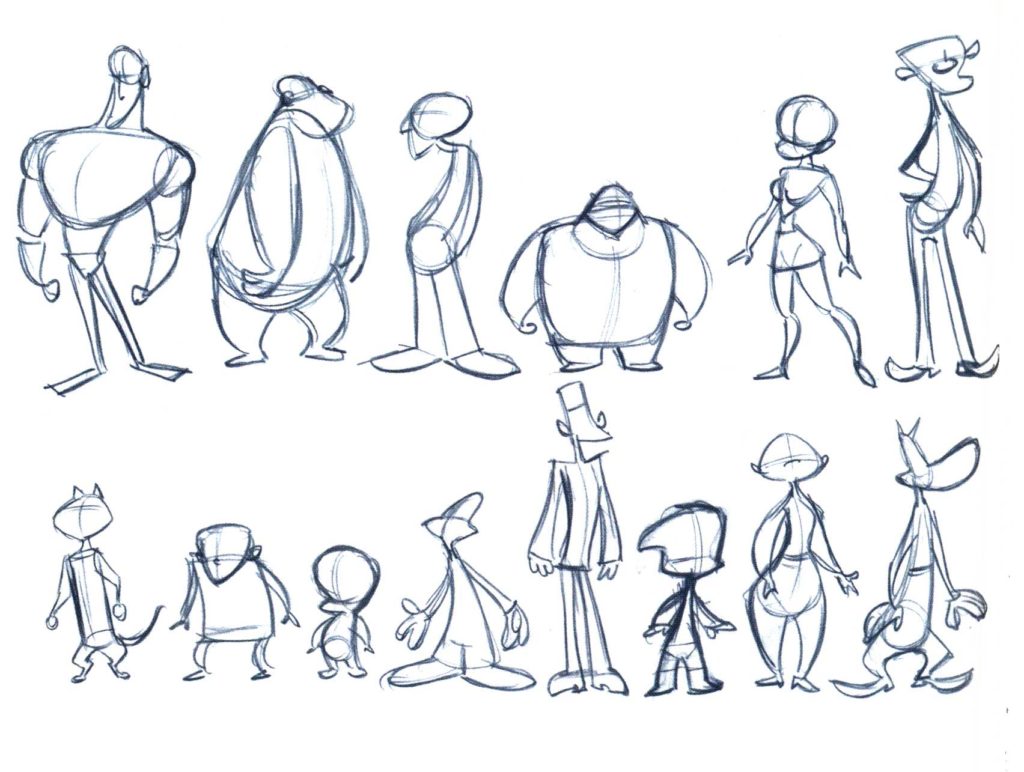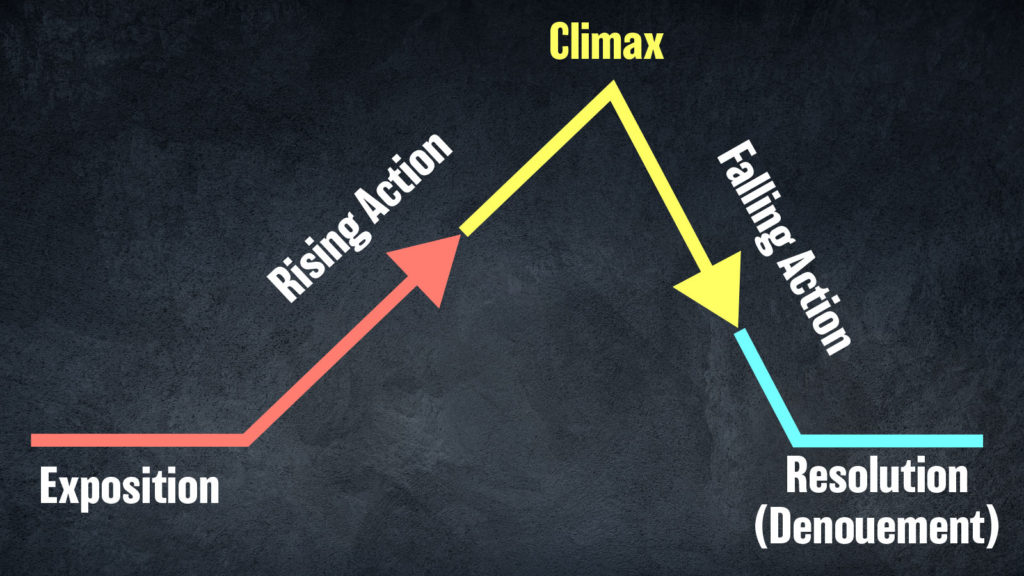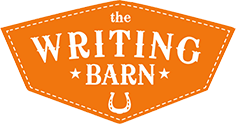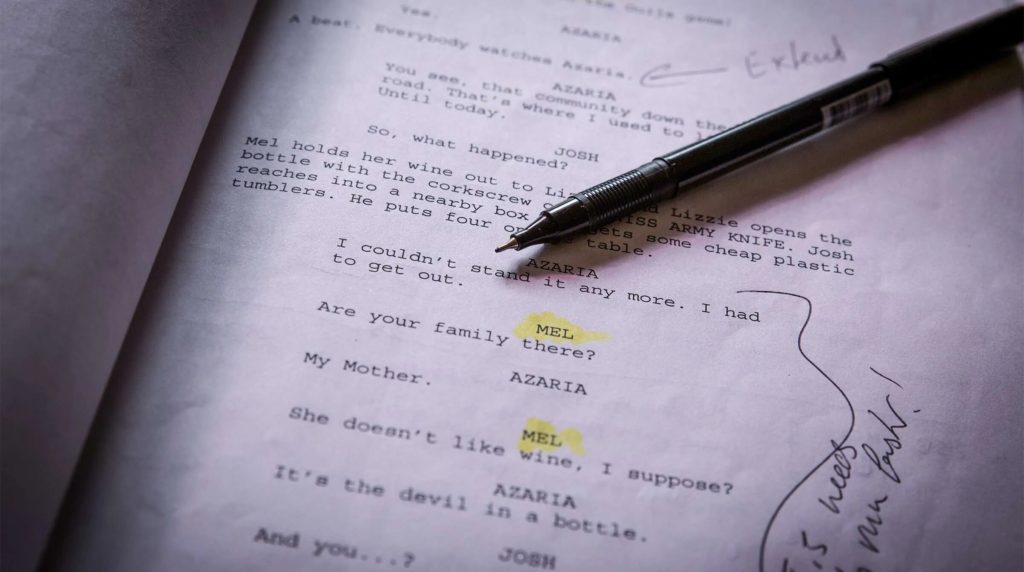By: WB Intern Ben Wengrovitz
The Power of Writing a Script
There are so many different kinds of writing but we want to shine the spotlight on screen and script writing. Using this form of writing to convey your story offers many things that traditional mediums don’t.
When writing traditionally, you can do many things but scripts have an exciting way of telling the story you want to tell. It is very important for scripts to be concise and to the point. You, as the author, can focus on the message and subtext you want while the direction of the film or stage play can come down to the director. The main strengths of screen and script writing are the ways you can express your world-building, voice, character, and plot in a way that traditional stories can’t.
World Building
Building a strong world is important, no matter the kind of story. With a script, you can do this in a very interesting way. When it comes to staging directions, you can explain a lot about the setting with descriptive words. A lot of script writing is about the setting of each scene, and with your description you can choose how deep in detail you want to go with your setting and world.
When it comes to traditional stories a lot of the world comes down to someone dumping exposition which can often come across as a lot of information but within a script, your stage directions don’t feel cluttered within a scene because it is just the setup.

Voice
It’s really easy to use voice to describe what kind of characters you want in your script. You can learn so much about the way a character is just by the way they speak. In scripts, if you wanted someone to say “Look out” you can change that in so many different ways, depending on which character is saying that, and through the transformation of that line you can describe your character without being so direct with it.
Another strength of using voice is putting more detail into your world. For example, if you were writing a script in the victorian era, having your characters speak very formal and with exceptional diction would be the way to go.

Character
When it comes to characters: being able to tell a story with dialogue makes your characters much more proactive within your plot. It pushes the story beats along because nobody likes to read about a reactionary protagonist who waits for the story to happen to them. Having reactionary characters leads to many deus ex machinas and a random chance for the story to continue since they themselves aren’t pushing the story based on their choice. Yet, here within a script, you have control over every word your characters say and where they go through scene changes. This allows the author to make them take the next step in the story instead of waiting for it to happen.

Plot
Finally, this goes hand in hand with the rest of the strengths of screen and script writing, but being able to go through your story scene by scene lets you hit each of your main story beats in a much more fluid way. Many times in stories you will read through a section where by the end you realize that a conversation you’d added in before didn’t even need to be included. With your characters all speaking or moving to a place within your script, it is easier to distinguish that. Also, having your stage directions explain the area along with your proactive dialogue feels much more fluid and important to the overall story.

Writing a story through a script is something we believe can sometimes be underappreciated and underused. Next time you have a story that you want to tell, we encourage you to give it a shot. Especially if you have never tried it before! You may surprise yourself with how vast and fun it can be to tell your story through this very interesting medium.
About the Author
Ben Wengrovitz will graduate from St. Edwards University with a BA in Writing and Rhetoric with a focus in Creative Writing in August of 2022. Originally he is from Boerne, Texas. When entering college he went in as an actor but upon reading so many more screenplays he moved into the writing program and feel in love with screenwriting. He then spent his time honing his skills there in hopes to see his scripts turned into a movie on the big screen one day. His favorite genres to write and read are horror, character dramas, and realistic fiction. When Ben isn’t writing you can find him gaming, longboarding, or working out.


